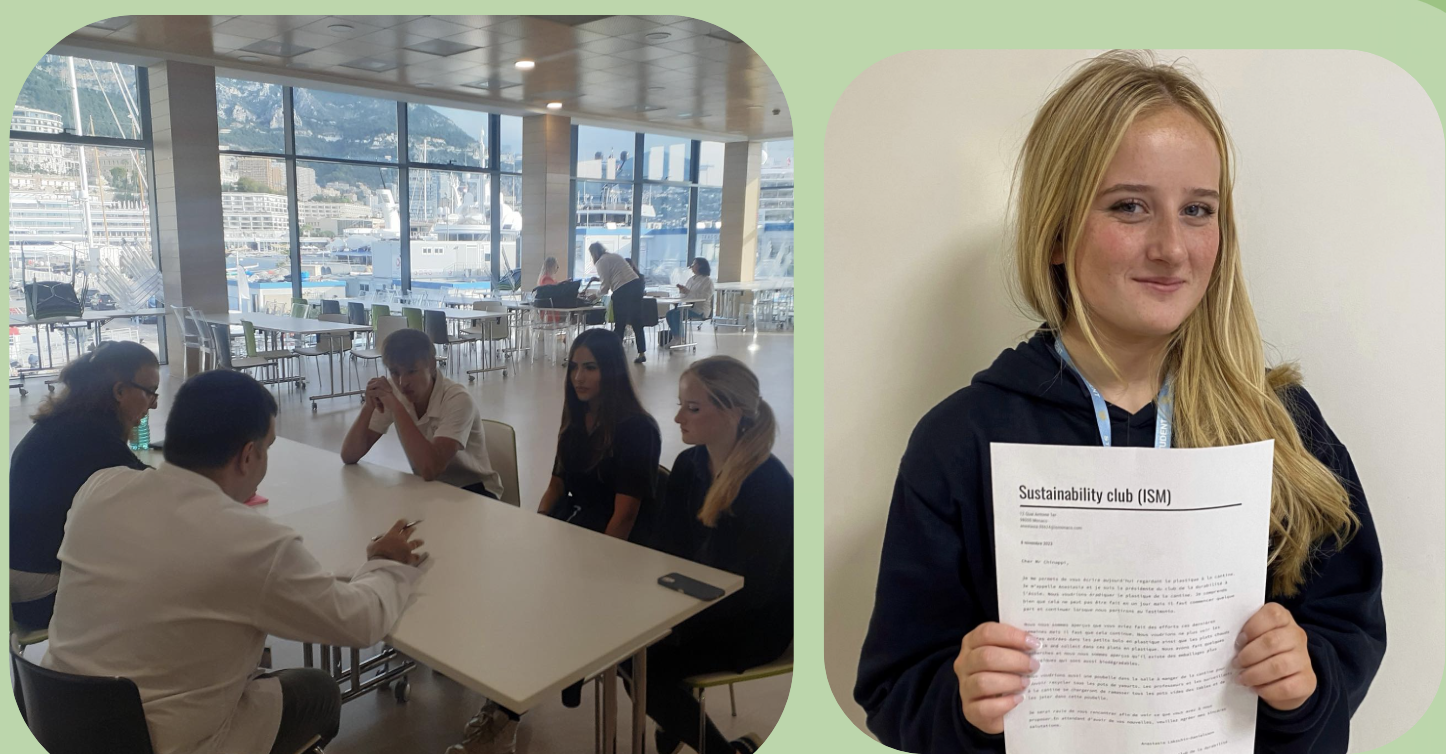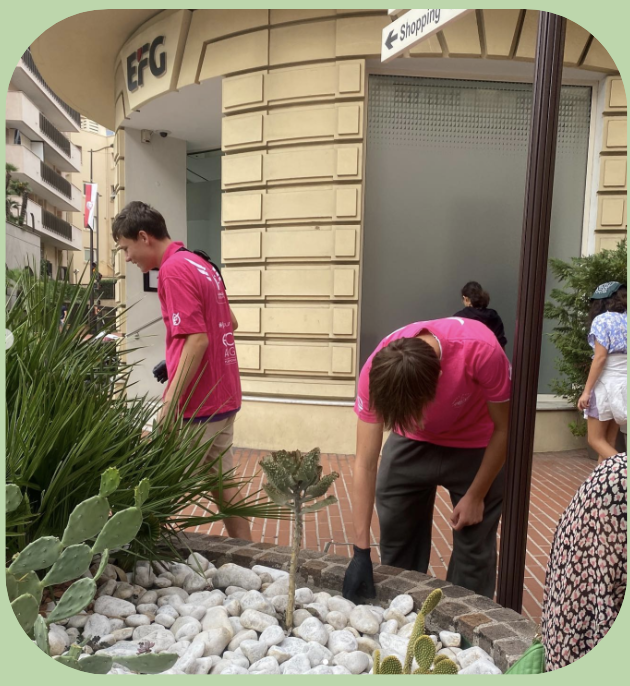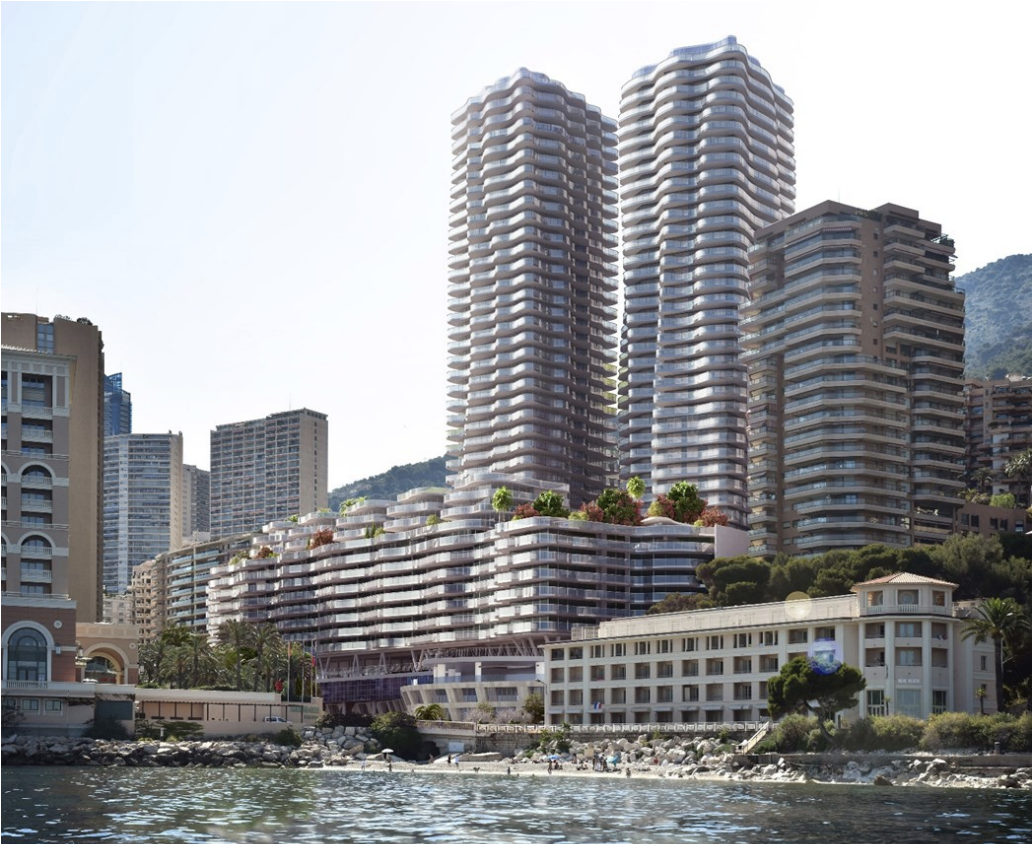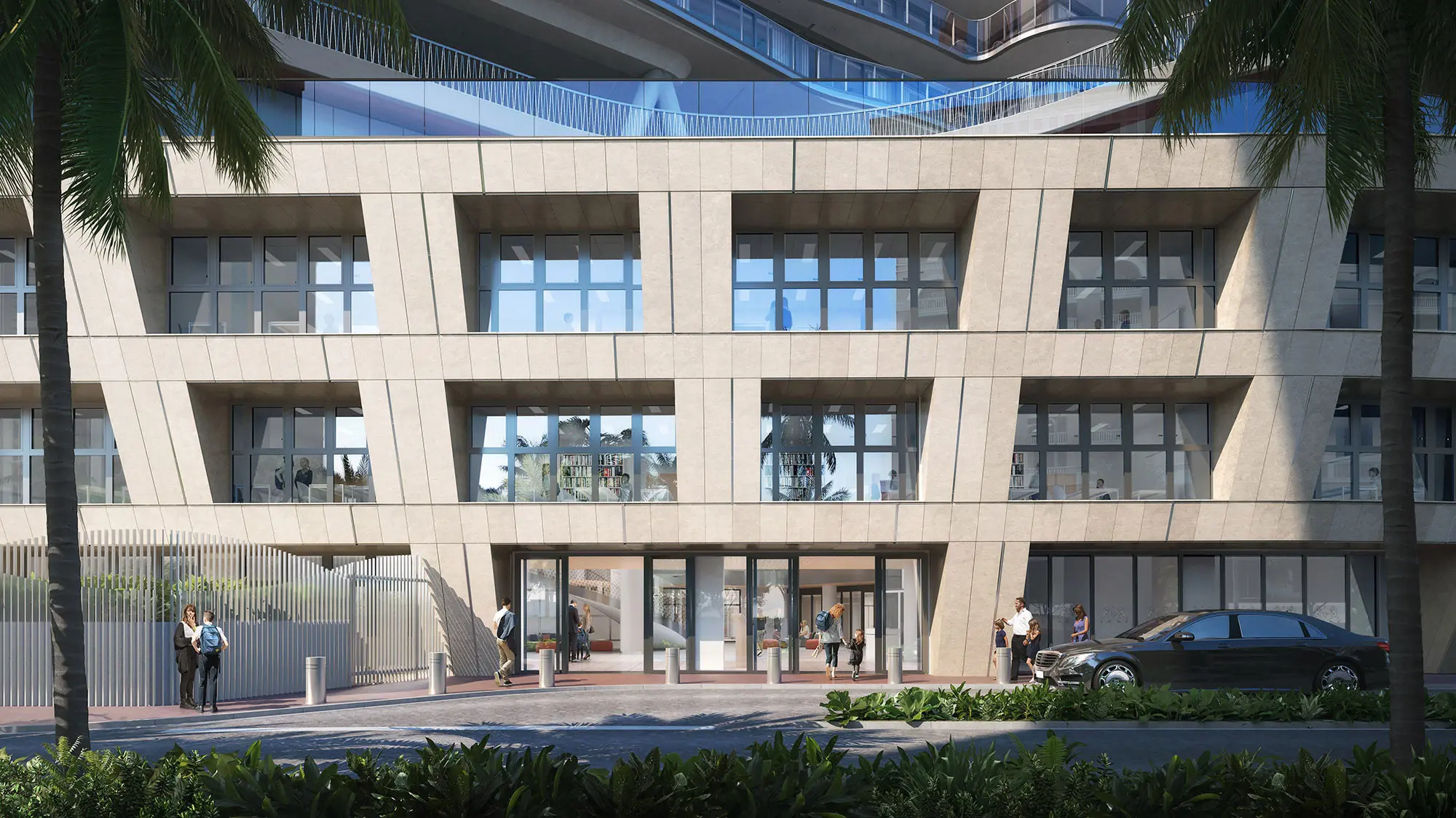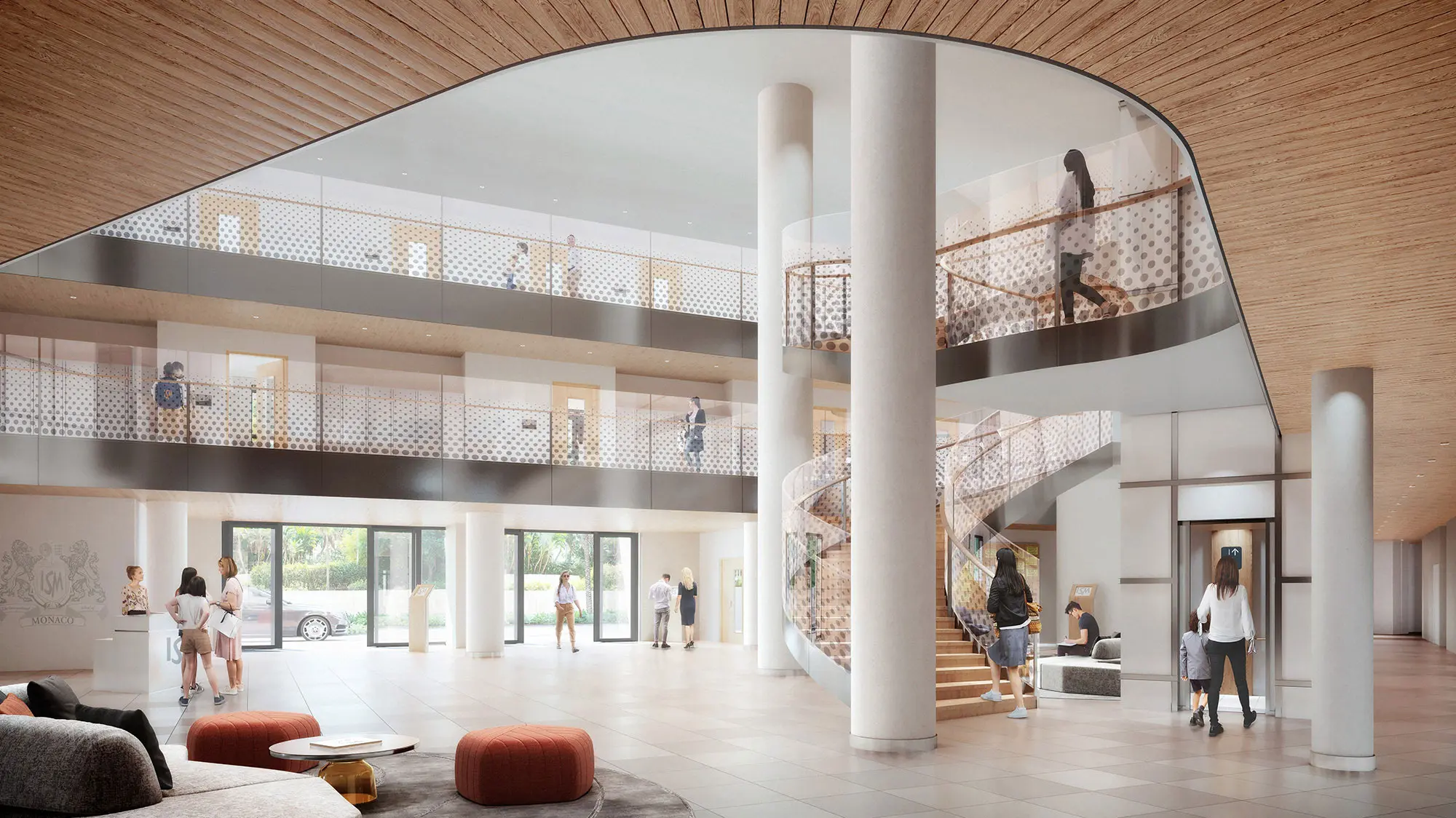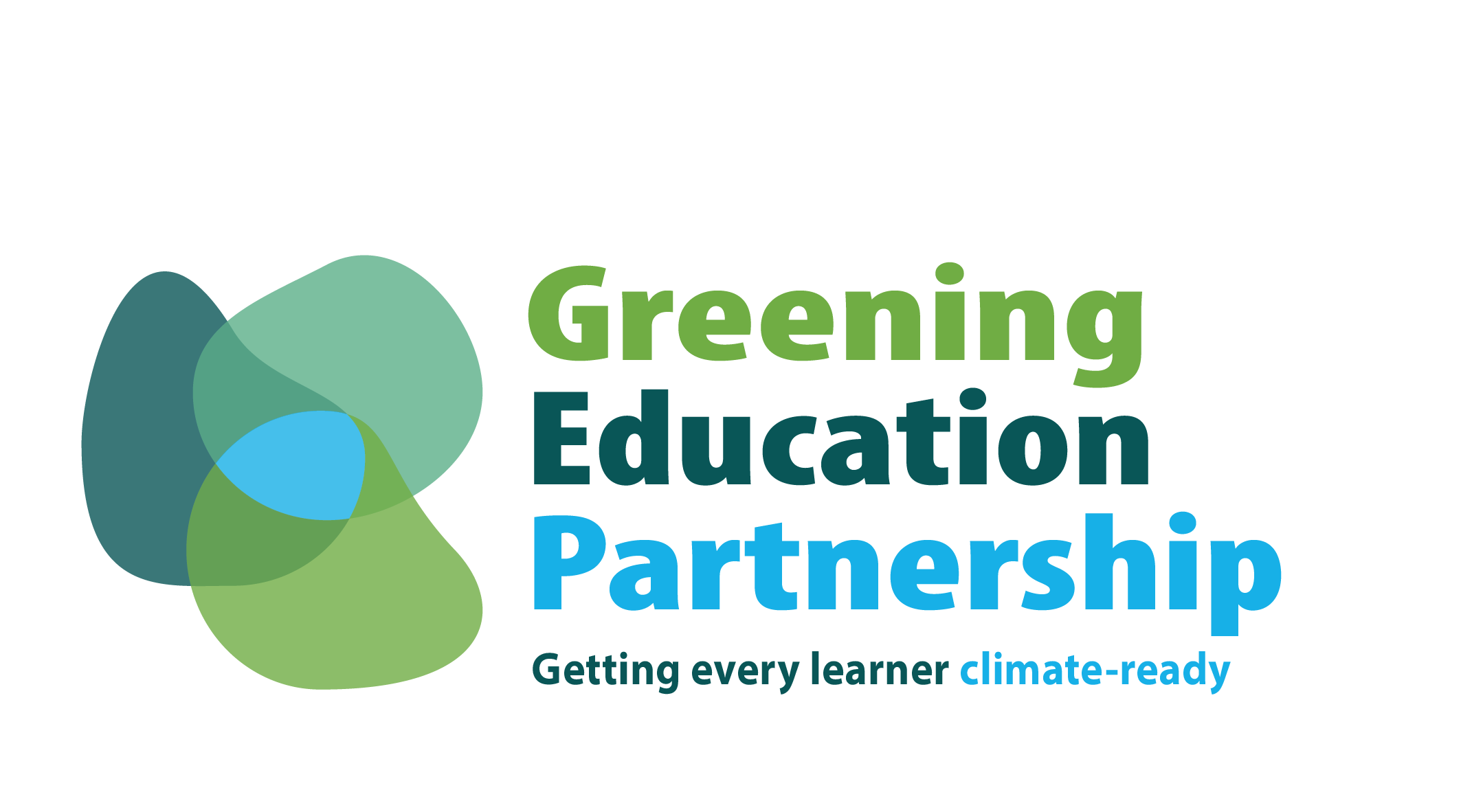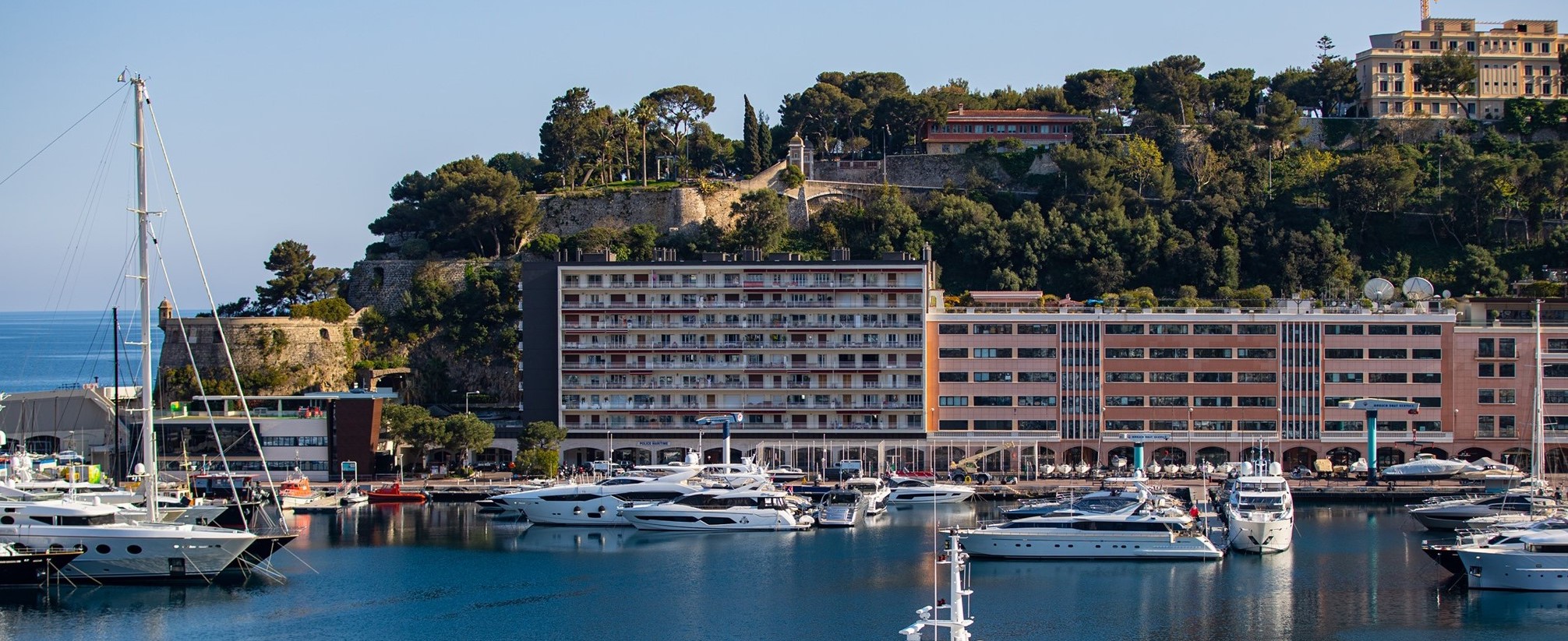
Sustainability at
International School of Monaco

At the International School of Monaco (ISM), sustainability is at the forefront of our educational philosophy and operational practices. Committed to fostering environmental stewardship and global citizenship, we integrate sustainable principles into our curriculum, encouraging students to develop a deep understanding of ecological challenges and solutions.
Through subject-related and interdisciplinary projects as well as community engagement, we empower our students to become environmentally conscious leaders, preparing them to contribute positively to a more sustainable future on a local and global scale. Students are also empowered to take change partnering with all school stakeholders, including the canteen providers and the Parent Teacher Association. Examples of in-school sustainable initiatives include the implementation of Monaco Cloud to manage data and the Papercut application to reduce our printing.
ISM is committed to making change locally; thus, we have developed partnerships with local organisations, such as Eco-Angels, Climate Protectors and Monacqua-Princess Grace Foundation. Having signed Monaco’s Energy Transition National Pact (Pacte National pour la Transition Énergétique) in the presence of H.S.H. Prince Albert II along with other local institutions and stakeholders, ISM has recently entered into a partnership with the government organisation Société Monégasque d’Assainissement (SMA). SMA supports our school by empowering our students to review school processes, incorporating sustainable practices and being involved in awareness programmes to improve sustainable practices in the Principality. In addition, ISM also participates in local environmentally-friendly events, such as World Clean Up Day in Monaco.
Testimonio II, ISM’s new state-of-the-art, sea-themed building operates with a strong emphasis on resource efficiency and waste reduction, providing a tangible example of sustainable practices. Having been awarded a HQE building certificate rated as exceptional, ISM prides itself in achieving sustainability benchmarks, such as using an estimated 70% of renewable energy sourced from ocean thermal energy.
Other sustainable developments include automatic autoregulation of ventilation following the CO₂rate (taux CO₂), maximising solar light, using one of the world’s most sustainable school furniture providers, and implementing waste management policies following the Principality rules and best practices.
